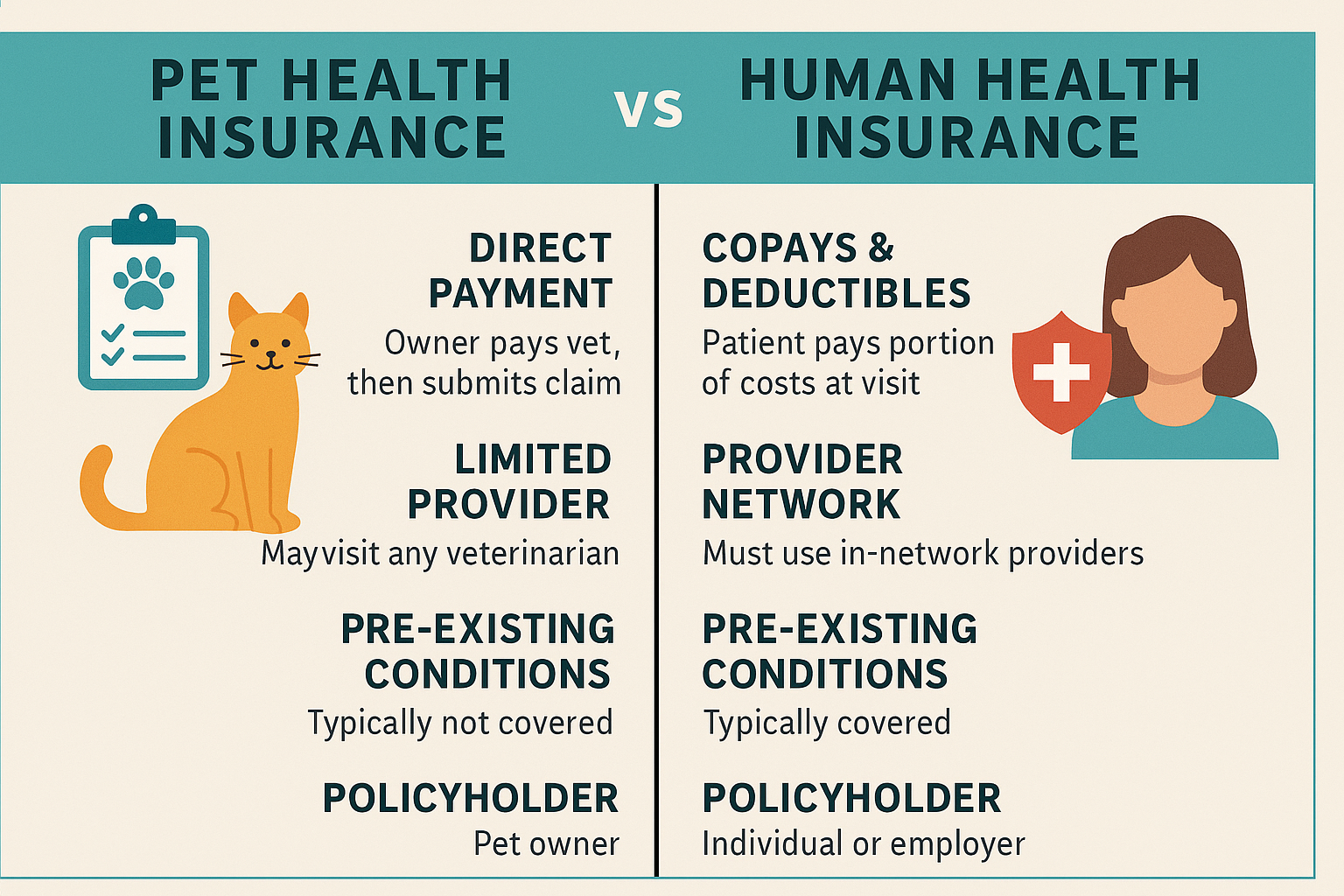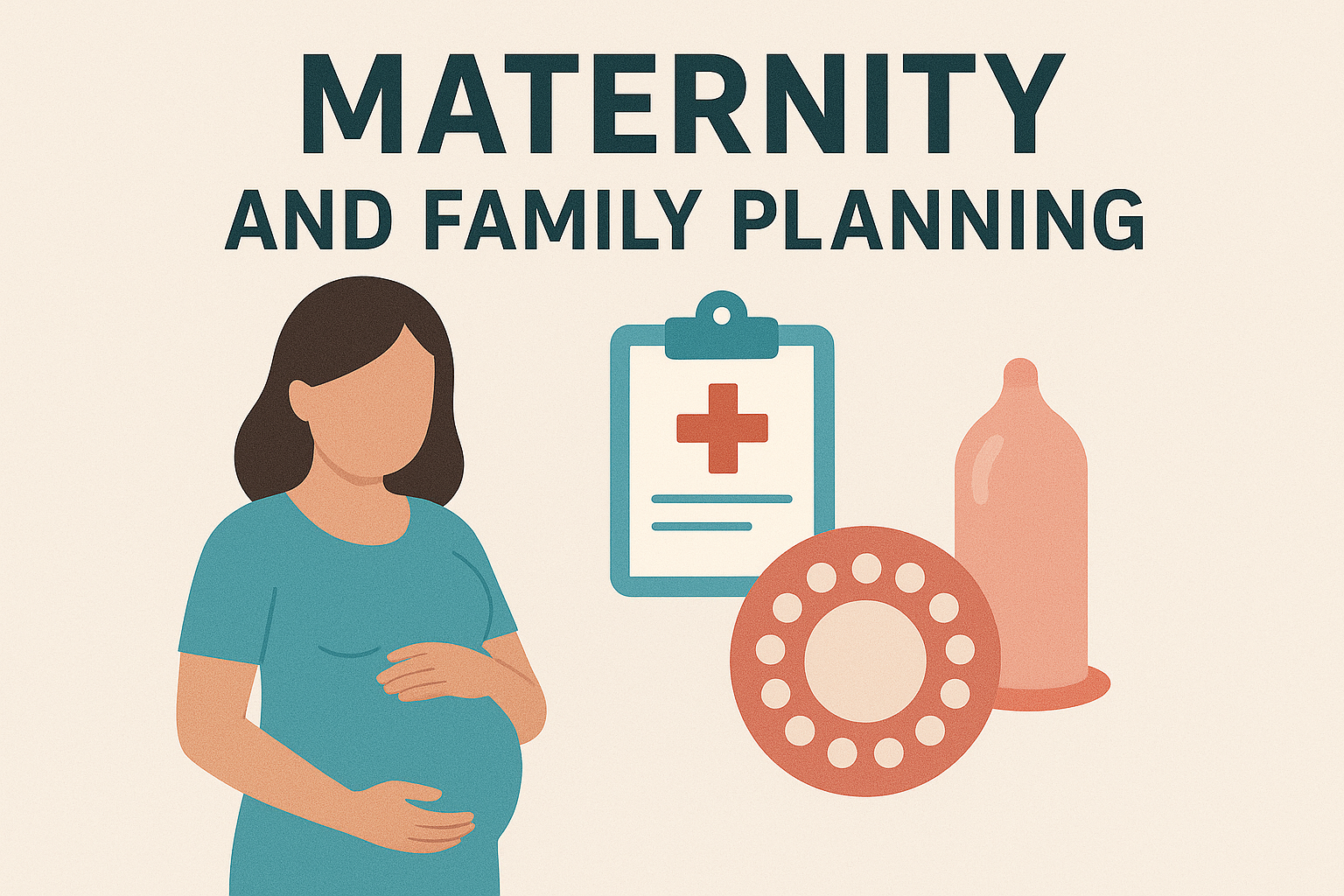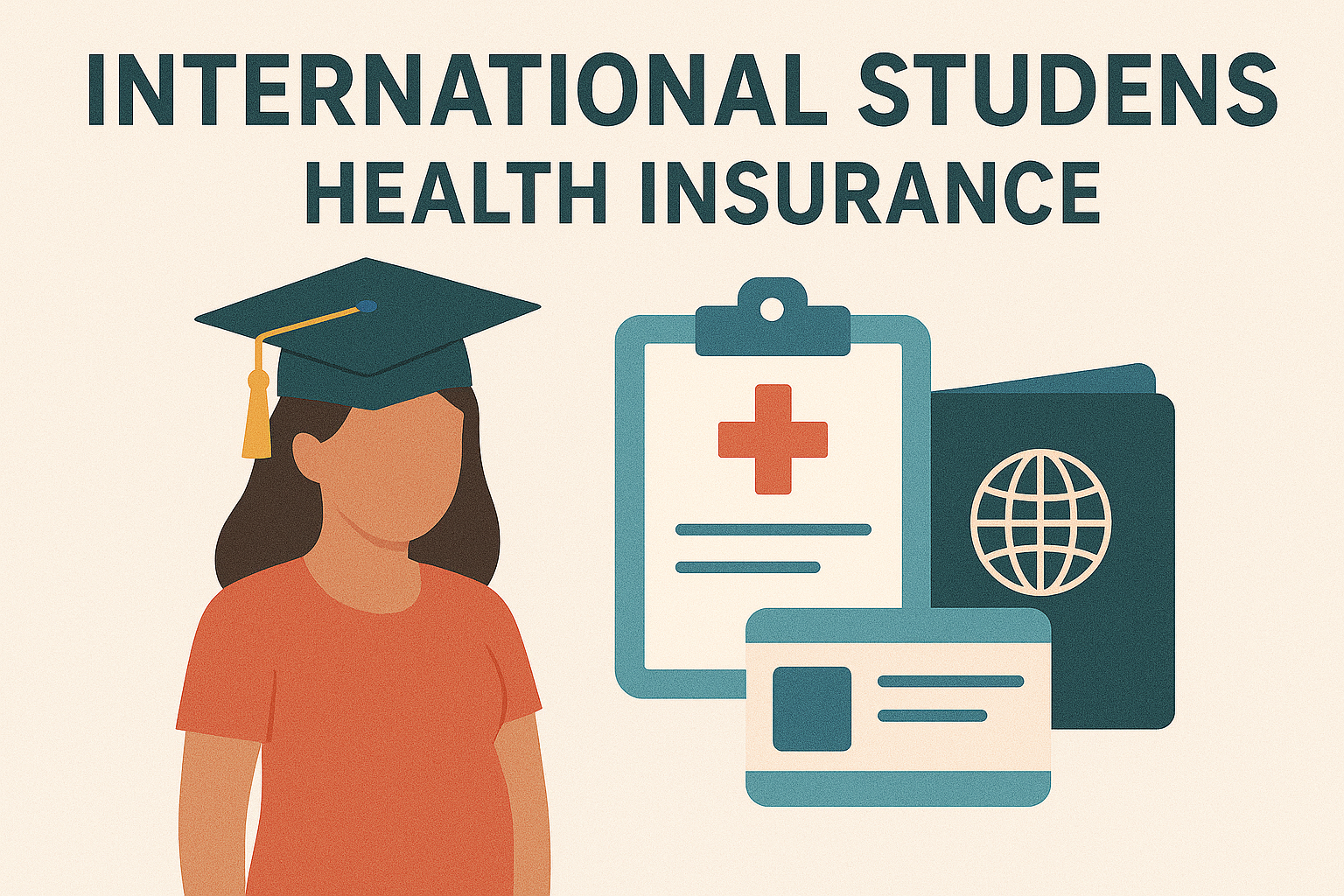
How to Get Health Insurance if You’re Unemployed
Losing a job can be incredibly stressful, and one of the biggest concerns during unemployment is maintaining access to affordable health insurance. In 2025, there are still several ways for unemployed individuals to secure health coverage, ensuring they can get the care they need without facing overwhelming medical costs. Navigating the health insurance landscape while unemployed might seem daunting, but understanding your options under the current laws and programs can help you find a plan that fits your budget and meets your healthcare needs. Whether you’ve recently lost employer-sponsored coverage or have been out of work for a while, it’s essential to act quickly to avoid gaps in coverage and potential penalties.
For many unemployed individuals, the Health Insurance Marketplace remains the most accessible and affordable route to get coverage. Losing job-based insurance is considered a qualifying life event, which means you become eligible for a special enrollment period outside of the standard open enrollment window. During this time, you can apply for a Marketplace plan and potentially qualify for generous subsidies based on your reduced income level. These subsidies, officially called premium tax credits, significantly lower the monthly cost of insurance premiums. In some cases, individuals may even qualify for plans with zero-dollar premiums and low out-of-pocket costs through cost-sharing reductions.
Another critical option for the unemployed is Medicaid, the government-run health insurance program designed for low-income individuals and families. Eligibility for Medicaid varies by state, but in most states that have expanded Medicaid under the Affordable Care Act, adults without dependent children can qualify based solely on income. If you’ve lost your job and have little to no income, Medicaid may be your best option for comprehensive, no-cost coverage that includes doctor visits, hospital care, prescriptions, and more. The application process is typically straightforward and can often be completed online through your state’s Medicaid portal or through healthcare.gov.
For those recently unemployed, COBRA continuation coverage is another route, though it is generally more expensive. COBRA allows you to keep your previous employer-sponsored health insurance plan for up to 18 months after losing your job. While it offers continuity of care with the same doctors and benefits, you must pay the full premium amount, including the share your employer previously covered, which can make it unaffordable for many. Despite its high cost, COBRA may be a good short-term solution if you need uninterrupted care, have ongoing treatments, or are between jobs and expect to be re-employed soon.
Some states and nonprofit organizations also offer short-term health insurance plans or temporary medical assistance for those in transition. These short-term plans are typically limited in duration and benefits but may help cover emergencies or major medical events. However, they often exclude coverage for pre-existing conditions and routine care, so they should be approached with caution and used only as a last resort.
Unemployed individuals who are married may also have the option of joining a spouse’s employer-sponsored plan. Losing your own insurance triggers a special enrollment opportunity under most group health plans, allowing you to be added to a spouse’s policy within a specific time window, usually 30 to 60 days. This can be an affordable and convenient way to maintain coverage while you search for new employment.
It’s important to remember that going without health insurance can have serious financial consequences. Medical debt remains one of the leading causes of bankruptcy in the United States, and even a single emergency room visit can result in thousands of dollars in medical bills. Fortunately, the Affordable Care Act continues to provide robust protections for individuals, including coverage for essential health benefits, mental health services, preventive care, and protection against being denied for pre-existing conditions.
To get started, visit Healthcare.gov or your state’s health insurance exchange to review available plans and apply for financial assistance. Prepare information about your income, household size, and current healthcare needs. You can also speak with a certified navigator or insurance broker for free help navigating your options. Staying informed and taking prompt action is the best way to secure health insurance when you’re unemployed and to protect your health and finances during uncertain times.



